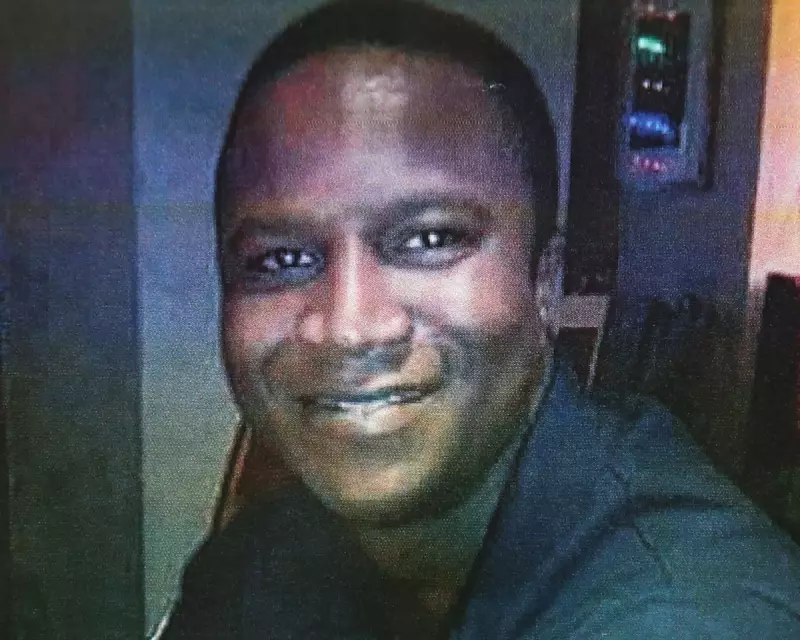
The family of Sheku Bayoh, who died in police custody in 2015, has delivered a powerful condemnation of the Scottish Police Federation, describing its continued defence of officers involved in the case as 'deeply offensive and shocking'.
This emotional outburst comes as Scotland awaits the findings of a landmark public inquiry into the circumstances surrounding Bayoh's death, with his family expressing grave concerns about the police federation's stance throughout the proceedings.
A Decade-Long Wait for Answers
Sheku Bayoh, a 31-year-old trainee gas engineer, died after being restrained by up to nine police officers in Kirkcaldy on 3 May 2015. His family has spent nearly ten years seeking answers about what happened during those fatal moments.
The public inquiry, chaired by Lord Bracadale, concluded its hearings in October 2023 after examining whether race played a factor in Bayoh's treatment. The long-awaited report is expected to be published imminently.
'Institutional Defensiveness' Alleged
In a strongly worded statement, the Bayoh family accused the Scottish Police Federation of displaying 'the worst kind of institutional defensiveness' throughout the inquiry process.
'Rather than engage meaningfully with the serious issues this inquiry has raised,' the family stated, 'the federation has chosen to defend the indefensible at every turn.'
The family specifically criticised the federation for:
- Consistently defending officers' actions despite evidence presented
- Attempting to discredit the inquiry process
- Showing little regard for the family's suffering
- Failing to acknowledge potential systemic issues
Police Federation's Controversial Position
The Scottish Police Federation, which represents rank-and-file officers, has maintained that its members acted appropriately in what they described as a violent confrontation.
David Hamilton, the federation's chair, previously stated that officers faced 'a violent and drugged-up assailant' and were forced to make split-second decisions to protect public safety.
However, the Bayoh family has challenged this characterisation, pointing to pathologist evidence and witness testimony that they believe tells a different story.
A Watersmoment Moment for Scottish Policing
As Scotland braces for the inquiry's findings, this case has become a focal point for discussions about police accountability, racial bias in policing, and transparency in investigations involving law enforcement.
The family's statement concluded with a poignant appeal: 'We hope the inquiry's report will bring us the truth and accountability we have sought for nearly ten years. No other family should have to endure what we have.'
The outcome of this inquiry is expected to have significant implications for police practices and community relations across Scotland for years to come.





